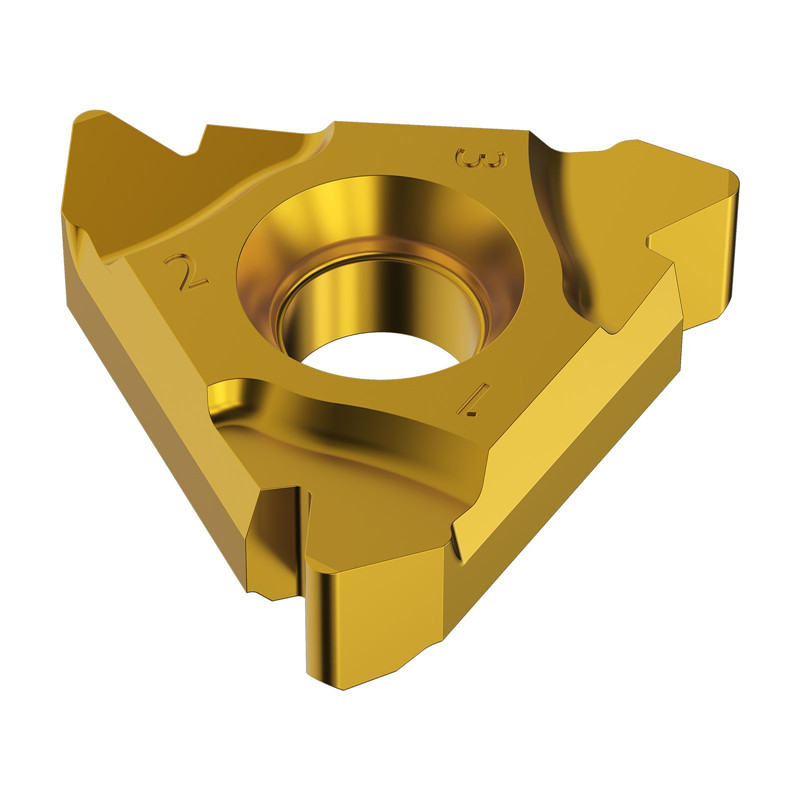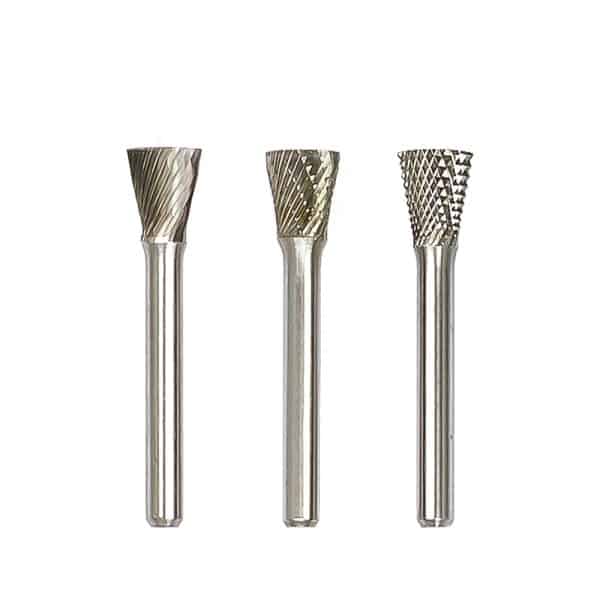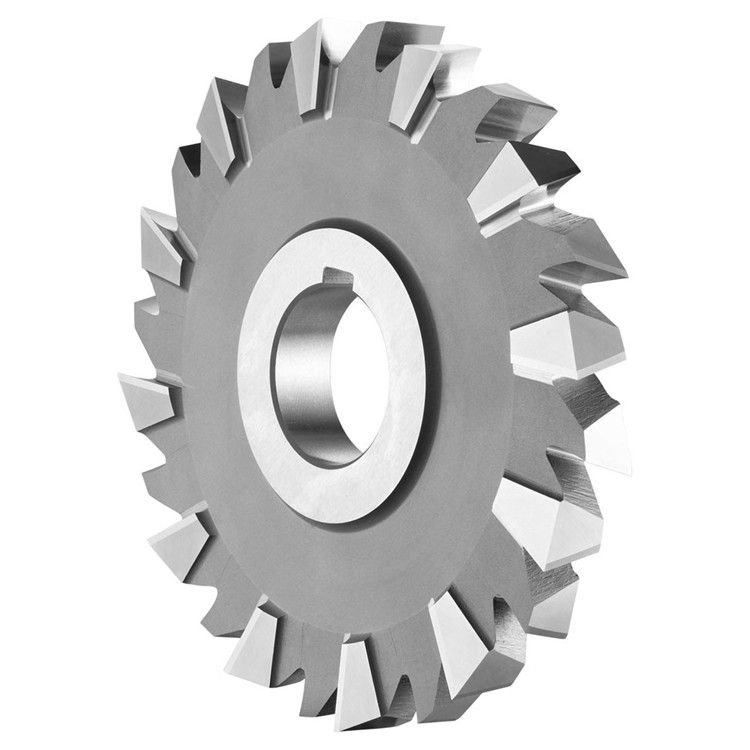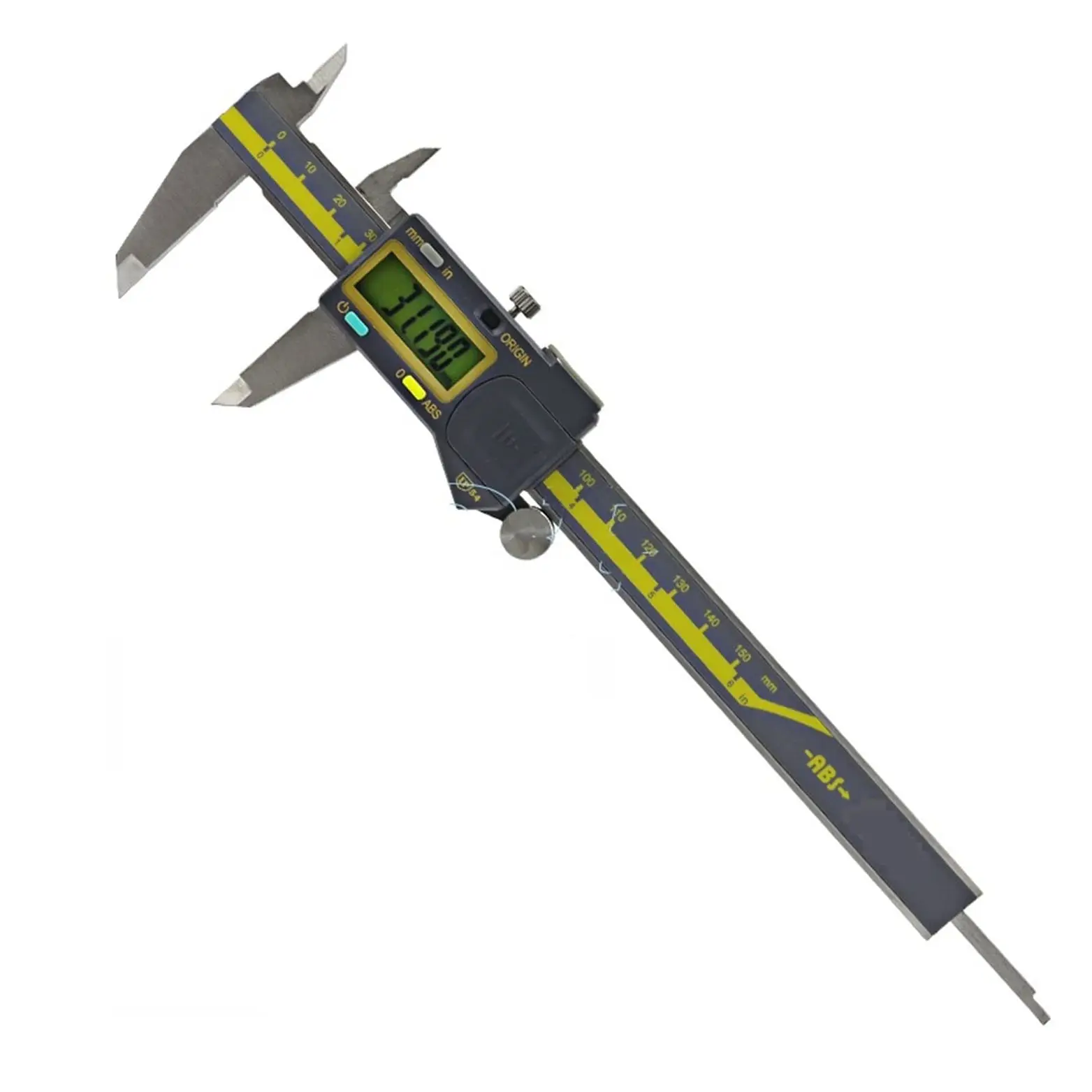thread ring gauge Supplier
Selecting the right thread ring gauge supplier requires careful consideration of factors such as gauge accuracy, material quality, certification, and supplier reputation. This guide provides a detailed overview of these factors, helping you make an informed decision and ensure you acquire high-quality gauges that meet your specific needs. Explore the different types of gauges, the standards they adhere to, and how to assess a supplier's credibility to guarantee precision and reliability in your threading applications. This guide is brought to you by Wayleading Tools, a leading provider of precision measurement tools.
Understanding Thread Ring Gauges
Thread ring gauges are essential tools used to verify the external threads of screws, bolts, and other threaded components. They ensure that the manufactured threads meet the required specifications and standards, guaranteeing proper fit and function. A 'go' gauge should easily screw onto the threaded part, while a 'no-go' gauge should not screw on more than a specified amount, indicating that the thread is within acceptable limits.
Types of Thread Ring Gauges
There are primarily two types of thread ring gauges:
- Go Gauges: These gauges are designed to check the maximum material condition of the thread. They must freely engage with the threaded part if the thread is within tolerance.
- No-Go Gauges: These gauges check the minimum material condition of the thread. They should not engage fully with the threaded part if the thread is within tolerance. Typically, they are only allowed to engage for a maximum of two turns.
Key Features of Quality Thread Ring Gauges
A high-quality thread ring gauge possesses several crucial features:
- High-Precision Manufacturing: Gauges should be manufactured using precision machining techniques to ensure accurate dimensions.
- High-Quality Material: Typically made from hardened tool steel for durability and wear resistance.
- Clear Marking: Gauges should be clearly marked with the thread size, class, and manufacturer’s information.
- Proper Heat Treatment: Heat treatment is critical to achieve the required hardness and dimensional stability.
Factors to Consider When Choosing a Supplier
Selecting the right thread ring gauge supplier is crucial for ensuring the accuracy and reliability of your thread inspection process. Here are several key factors to consider:
Gauge Accuracy and Standards Compliance
Ensure that the supplier's gauges meet relevant industry standards such as ASME B1.2 (for Unified Inch Screw Threads) or ISO 1502 (for Metric Screw Threads). Certification to these standards provides assurance of accuracy and traceability. A reputable supplier will readily provide calibration certificates.
Material Quality and Durability
The material used in manufacturing the thread ring gauge directly affects its durability and lifespan. Look for gauges made from high-quality tool steel, such as oil-hardened steel, which offers excellent wear resistance. Wayleading Tools only uses the highest quality materials to ensure longevity and accuracy.
Supplier Reputation and Experience
Choose a supplier with a proven track record of providing high-quality gauges and excellent customer service. Check online reviews, ask for references, and inquire about their experience in the industry. A long-standing supplier, like Wayleading Tools, is more likely to have the expertise and resources to meet your needs consistently.
Certification and Traceability
Ensure that the supplier provides certification for their gauges, verifying their accuracy and compliance with relevant standards. Traceability is also important, allowing you to track the gauge back to its original manufacturing source. Calibration certificates are typically provided and should be carefully reviewed.
Delivery Time and Availability
Consider the supplier’s delivery time and availability of the gauges you need. A reliable supplier should have a good inventory management system and be able to fulfill your orders promptly. If you need custom gauges, inquire about their lead times.
Price and Value
While price is a factor, it should not be the only consideration. Focus on the overall value, including the quality of the gauges, the supplier’s reputation, and the level of customer service provided. A slightly more expensive gauge from a reputable supplier may ultimately be more cost-effective in the long run due to its accuracy and durability.
Assessing a Potential Thread Ring Gauge Supplier
Once you have identified potential thread ring gauge suppliers, it's important to assess them thoroughly. Here's how:
Request Samples and Review Specifications
Request samples of the gauges you are interested in and carefully review their specifications. Check for clear markings, smooth surfaces, and precise dimensions. Ensure that the gauges meet all relevant industry standards. Contact Wayleading Tools to discuss your specific requirements.
Check Certifications and Calibration Reports
Verify that the supplier provides valid certifications and calibration reports for their gauges. These documents provide assurance of accuracy and traceability. A reputable supplier will have a robust quality control system in place.
Evaluate Customer Service and Support
Contact the supplier and evaluate their customer service and support. Are they responsive to your inquiries? Do they provide technical assistance and support? A good supplier should be knowledgeable and helpful.
Review Supplier’s Website and Online Presence
Check the supplier’s website and online presence. A professional website with detailed product information, technical specifications, and customer testimonials is a good sign. Also, check online reviews and ratings to get a sense of the supplier’s reputation.
Maintaining Your Thread Ring Gauges
Proper maintenance is essential to prolong the life of your thread ring gauges and ensure their accuracy. Here are some tips:
- Clean Regularly: Clean the gauges regularly with a soft cloth and a mild solvent to remove dirt, debris, and oil.
- Store Properly: Store the gauges in a clean, dry place, away from extreme temperatures and humidity.
- Handle Carefully: Avoid dropping or mishandling the gauges, as this can damage their delicate threads.
- Recalibrate Periodically: Recalibrate the gauges periodically to ensure their accuracy. Follow the manufacturer’s recommendations for calibration intervals.
Common Thread Standards
Understanding different thread standards is important when selecting thread ring gauges. Here are some common standards:
- Unified National Coarse (UNC): A common thread standard used in North America.
- Unified National Fine (UNF): A finer thread standard, providing greater strength and resistance to loosening.
- Metric Coarse (M): The most common metric thread standard.
- Metric Fine (MF): A finer metric thread standard, used in precision applications.
- National Pipe Thread (NPT): A tapered thread standard used for pipes and fittings.
Conclusion
Choosing the right thread ring gauge supplier is critical for ensuring the accuracy and reliability of your thread inspection process. By considering factors such as gauge accuracy, material quality, supplier reputation, and certification, you can make an informed decision and select a supplier that meets your specific needs. Remember to properly maintain your gauges to prolong their life and ensure their continued accuracy. Wayleading Tools, at www.wayleading.com, is dedicated to providing high-quality precision measurement tools and exceptional customer service. Contact us today to learn more about our products and services.
Related products
Related products
Best selling products
Best selling products-
 CNMG & CNMM Turning Insert For Indexable Turning Tool Holder
CNMG & CNMM Turning Insert For Indexable Turning Tool Holder -
 Partial profile 60° Threading Insert With ER & IR Type
Partial profile 60° Threading Insert With ER & IR Type -
 Type N Inverted Cone Tungsten Carbide Rotary Burr
Type N Inverted Cone Tungsten Carbide Rotary Burr -
 Deburring Tool Holder For The Deburring Tool Blades
Deburring Tool Holder For The Deburring Tool Blades -
 Single Wheel Knurling Tools With Straight Pattern For Industrial Type
Single Wheel Knurling Tools With Straight Pattern For Industrial Type -
 Precision 8pcs & 9pcs Angle Blocks Set With High Quality Type
Precision 8pcs & 9pcs Angle Blocks Set With High Quality Type -
 Type A Cylinder Tungsten Carbide Rotary Burr
Type A Cylinder Tungsten Carbide Rotary Burr -
 Precision V Block And Clamps Set With Industry Type
Precision V Block And Clamps Set With Industry Type -
 HSS Metric Side Milling Cutter With Bright Or TiN And TiAlN Coated
HSS Metric Side Milling Cutter With Bright Or TiN And TiAlN Coated -
 Precision Dustproof Dial Caliper Of Double Shock-Proof For Industrial
Precision Dustproof Dial Caliper Of Double Shock-Proof For Industrial -
 Plain Back ER Collet Fixture With Lathe Collet Chuck
Plain Back ER Collet Fixture With Lathe Collet Chuck -
 Type K-90 Degree Cone Tungsten Carbide Rotary Burr
Type K-90 Degree Cone Tungsten Carbide Rotary Burr










